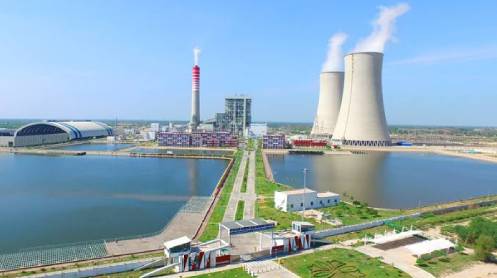ISLAMABAD: The federal government has yet to appoint financial advisers (FAs) for three power distribution companies (Discos) and two generation companies (Gencos) earmarked for the initial phase of privatisation, drawing criticism from the Senate Standing Committee on Power.
Presided over by Senator Mohsin Aziz, the committee expressed displeasure at the absence of Power Minister Awais Leghari and Secretary Power Dr. Fakhre Alam, despite prior commitments. The meeting agenda included negotiations with independent power producers (IPPs) and discussions on asset disposal and employee liabilities related to privatisation, which were deferred due to the officials’ no-show.
Progress on Privatisation
An official from the power ministry disclosed that the Privatisation Commission is still in the process of hiring FAs for three Discos—Gujranwala, Lahore, and Islamabad. These advisers are tasked with conducting due diligence, proposing transaction structures, and determining the value of assets for privatisation. However, the Power Division must fulfill nine conditions outlined by the federal cabinet before appointing FAs, with a deadline of January 31, 2025.
For Gencos, the Cabinet Committee on Privatisation (CCoP) decided earlier this year to privatise only efficient and operational plants. The Nandipur Power Plant (NPP) and Guddu Power Plant (GPP), part of GENCO-III and GENCO-II respectively, remain on the privatisation list. While a consortium was appointed as FA for NPP in 2020, efforts to hire an FA for GPP have stalled. A fresh Request for Proposals (RFP) for NPP advisers is expected to conclude by mid-January 2025.
Harassment of KP Industrialists
The committee also addressed grievances from Khyber Pakhtunkhwa industrialists about undue delays and harassment by Peshawar Electric Supply Company (Pesco) during solar net-metering installations. Businessmen reported 8-9 month delays in approvals and alleged discriminatory practices, including unjustified connection disconnections.
Senator Mohsin Aziz called for Pesco’s rules to be revised to support local industrialists, urging the Power Division to resolve these issues promptly to bolster KP’s struggling industry.
Concerns Over K-Electric
The panel also tackled complaints regarding K-Electric’s excessive billing and loadshedding. While K-Electric officials denied loadshedding on industrial feeders, they admitted that 30% loadshedding occurs on feeders exceeding transmission limits and distribution loss thresholds.
The committee directed the Power Division to address these systemic issues to support economic growth and ensure fair treatment of consumers and industries.
Story by Khaleeq Kiani





